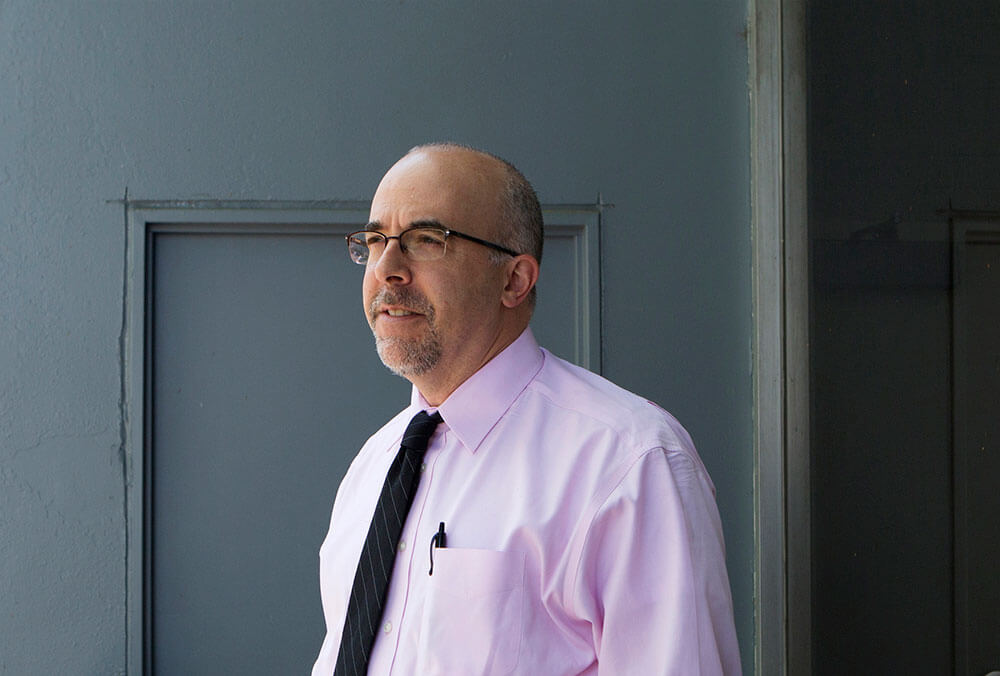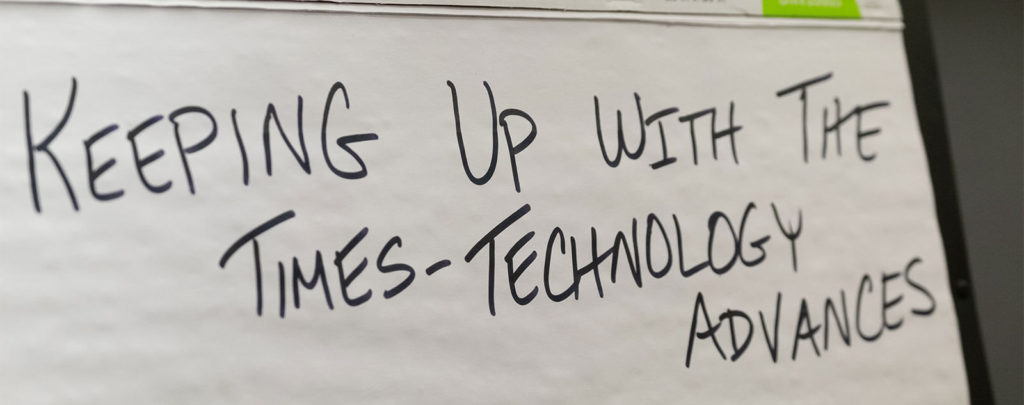Daily Planet Health Services, with two healthcare clinics in Richmond, Virginia, embraced the concept of using medications to treat opioid use disorder, but needed guidance from a PCSS implementation and clinical specialists to make it a reality.
This federally qualified health center (FQHC) provides care for predominately vulnerable populations, including the homeless and persons without health insurance. When first selected as a clinical site for the PCSS implementation project, two physicians at the Daily Planet were waivered to prescribe buprenorphine but were treating only a handful of patients. The PCSS implementation project provides training, implementation support, and clinical mentorship for healthcare providers and organizations to adopt and integrate evidence-based practices for substance use disorders, with a focus on prescribing medications for treating opioid use disorders (OUD).

Paul Brasler, LCSW, Behavioral Health Services Coordinator at the Daily Planet, said it was not apathy from clinicians or administrations that made expanding the health services’ MAT program a challenge, but rather apathy from the community. PCSS Clinical Expert Erik Gunderson, MD, Addiction Psychiatrist and PCSS clinical expert, along with several other PCSS facilitators, came in and worked with Paul and colleagues to complete a needs assessment to identify the barriers to integrating medications for OUD and strategize how to overcome them. Key barriers cited were a prevalent abstinence-only philosophy, as well as limited knowledge about how medications are used to treat OUD.
More than a year later, however, much has changed for the Daily Planet. Currently, seven clinicians are waivered to prescribe buprenorphine and the centers are treating 103 patients. Mr. Brasler hopes to have 200 patients being treated for OUD in the near future. A grant from the Health Resources and Services Administration allowed Daily Planet to hire two additional social workers with experience in substance use treatment to augment their services, Mr. Brasler said, which has also improved their treatment plan.
“We came into a system with a high level of dedication to caring for the underserved communities regarding their mental health and medical needs,” said Erik Gunderson, MD. “Stigma among the staff was not a barrier we had to work through in the slightest.” The strength of the program, he said, was that the leadership and the support staff were dedicated to integrating OUD treatment.
Another strength was that the Daily Planet had strong mental health services in place and were ready to work with the OUD patients. With so much support, PCSS’s role was to create a framework to provide to provide clinical mentorship and training in how to create a MAT program with integrated care. For example, PCSS helped guide the health centers in the most effective approach to how urines are tested and how often, and where the testing is conducted? With those basic procedures in place, the Daily Planet has become a model for care, Dr. Gunderson said.
Additionally, the Virginia Dept. of Health and the Department of Medical Assistance Services, which has Medicaid oversight, collaborated with PCSS during the integration of MAT. “That was a real strength in facilitating and moving things forward,” Dr. Gunderson said. “It’s important to us as citizens to support when government is working and this is an example of taking a public health problem and being proactive to address that problem. We’re seeing the results of those efforts in real time.”
Dr. Gunderson noted that a large part of the program was increasing accessibility of naloxone (or Narcan) available in the community—including doses given to patients who were undergoing OUD treatment. Within a month of integrating naloxone into the site’s OUD treatment program, one OUD patient used naloxone to reverse an overdose and save a person’s life. “That was a really favorable outcome,” Dr. Gunderson said. “I think the progress they’ve made is impressive. They’re helping a lot of Virginians who didn’t have access to care.”
One of the primary reasons for creating the PCSS implementation program was to address common barriers to scaling up OUD treatment in diverse healthcare settings, including FQHCs. PCSS implementation provides support and guidance to the whole organization to prepare for integrated care. The Daily Planet is now paying it forward and building local capacity by providing guidance and lessons learned to two additional community health systems in their area. According to Dr. Gunderson, “the Daily Planet is now a model for delivering medications for OUD in primary care.”
More information on the PCSS implementation project.


